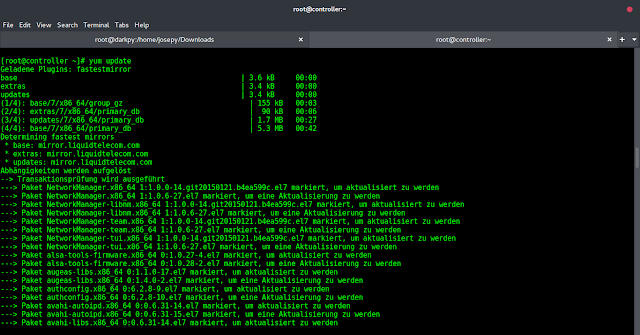Many of the words used in the phrase are insignificant and hold no meaning. For example – English is a subject. Here, ‘English’ and ‘subject’ are the most significant words and ‘is’, ‘a’ are almost useless. English subject and subject English holds the same meaning even if we remove the insignificant words – (‘is’, ‘a’). Using the nltk, we can remove the insignificant words by looking at their part-of-speech tags. For that we have to decide which Part-Of-Speech tags are significant.
Code #1 : filter_insignificant() class to filter out the insignificant words
def filter_insignificant(chunk, tag_suffixes =['DT', 'CC']): good = [] for word, tag in chunk: ok = True for suffix in tag_suffixes: if tag.endswith(suffix): ok = False break if ok: good.append((word, tag)) return good |
filter_insignificant() checks whether that tag ends(for each tag) with the tag_suffixes by iterating over the tagged words in the chunk. The tagged word is skipped if tag ends with any of the tag_suffixes. Else if the tag is ok, the tagged word is appended to a new good chunk that is returned.
Code #2 : Using filter_insignificant() on a phrase
from transforms import filter_insignificant print ("Significant words : \n", filter_insignificant([('the', 'DT'), ('terrible', 'JJ'), ('movie', 'NN')])) |
Output :
Significant words :
[('terrible', 'JJ'), ('movie', 'NN')]
We can pass out different tag suffixes using filter_insignificant(). In the code below we are talking about pronouns and possessive words such as your, you, their and theirs are no good, but DT and CC words are ok. The tag suffixes would then be PRP and PRP$:
Code #3 : Passing in our own tag suffixes using filter_insignificant()
from transforms import filter_insignificant # choosing tag_suffixes print ("Significant words : \n", filter_insignificant([('your', 'PRP$'), ('book', 'NN'), ('is', 'VBZ'), ('great', 'JJ')], tag_suffixes = ['PRP', 'PRP$'])) |
Output :
Significant words :
[('book', 'NN'), ('is', 'VBZ'), ('great', 'JJ')]





